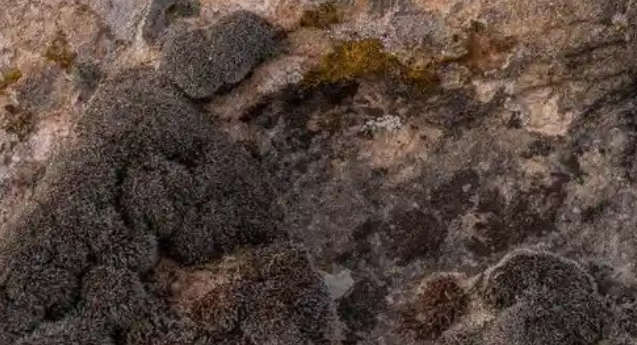A colony on Mars, the dream of mankind, and specifically of Elon Musk, can only succeed if we are able to grow crops on the Red Planet.
A groundbreaking study has identified a resilient desert moss, Syntrichia caninervis, as a potential key player in the terraforming of Mars, paving the way for future colonization efforts on the Red Planet. Found in some of Earth’s most extreme environments, including Antarctica and the Mojave Desert, this moss has demonstrated an exceptional ability to withstand and adapt to conditions that mimic those found on Mars.
Go MARS! Potato first or Moss first?#MARS #MARSMOSS #GoMARS
🎯Read more
The extremotolerant desert moss Syntrichia caninervis is a promising pioneer plant for colonizing extraterrestrial environmentsDetails: https://t.co/7yYHnZHb1Q@physorg_com @NASA @esa @SpaceX @elonmusk https://t.co/aybeQR89GO pic.twitter.com/rvdr0OtBJM
— Nutrition Science (@NutrioSci) July 1, 2024
The research, published in the journal ‘The Innovation’, highlights the remarkable survival capabilities of S. caninervis, which not only endured but thrived under simulated Martian conditions in laboratory settings. The experiments subjected the moss to extreme cold, drought, radiation levels, and Martian atmospheric conditions, revealing its capacity to recover quickly from near-total dehydration and to regenerate after significant exposure to gamma rays.
Over the course of the study, the moss was tested at temperatures as low as -196 Celsius and exposed to high doses of radiation (about 500Gy), conditions under which it not only survived but in some cases, showed stimulated growth. Building on these findings, the researchers created a Martian-like environment complete with the planet’s unique pressures, temperatures, gases, and UV radiation. Remarkably, even after a week in these harsh conditions, the moss demonstrated the ability to regrow under normal growth conditions, especially those samples that were pre-dried.
https://t.co/VjbAXJyAc0
A hardy moss species found in some of Earth’s harshest deserts might be the key to establishing the first plant life on Mars. Syntrichia caninervis can survive extreme conditions that mimic the Red Planet’s hostile environment.— ScienceBlog.com (@ScienceBlogTwit) July 1, 2024
The scientists argue that Syntrichia caninervis could serve as a pioneer species for Mars colonization due to its robust environmental resilience, which surpasses that of some of the most tolerant known microorganisms and tardigrades. By establishing itself on Mars, it could kickstart the development of a sustainable ecosystem by contributing to oxygen production, carbon sequestration, and soil fertility. These processes are essential for supporting higher plant and animal life and creating habitable environments for human settlers.
Scientists Discover Desert Moss ‘Syntrichia Caninervis’ That Can Survive on Mars: The Syntrichia caninervis plant, which can be found in places like the Mojave Desert and Antarctica, can theoretically grow on Mars. Click to read more.
https://t.co/gx8KBfErjg #Trump2024 #Jokes pic.twitter.com/tVwtmS7GnZ
— NahBabyNah 🗳️Trump🗳️ (@NahBabyNah) July 2, 2024
The implications of this research extend beyond immediate colonization efforts. The researchers envision a future where S. caninervis could be transported to Mars or the Moon to conduct further experiments on plant growth and survival in space, thereby aiding long-term human settlement plans.
Key Points:
i. Syntrichia caninervis, a desert moss, has been identified as a potential key to terraforming Mars, able to survive extreme conditions similar to those on the Red Planet.
ii. Published in ‘The Innovation’, the study showcases the moss’s ability to withstand extreme radiation, cold, and drought, recovering quickly from near-total dehydration.
iii. The moss thrived under Martian-simulated lab conditions, including specific pressures, temperatures, gases, and UV radiation, showing potential for regrowth in this environment.
iv. Its robust resilience makes it an ideal candidate for initiating an ecosystem on Mars, contributing essential ecological services like oxygen production and soil fertility.
v. This research paves the way for future experiments involving the moss on Mars or the Moon, aiming to further explore its role in supporting human colonization and long-term settlement.
Charles William III – Reprinted with permission of Whatfinger News



